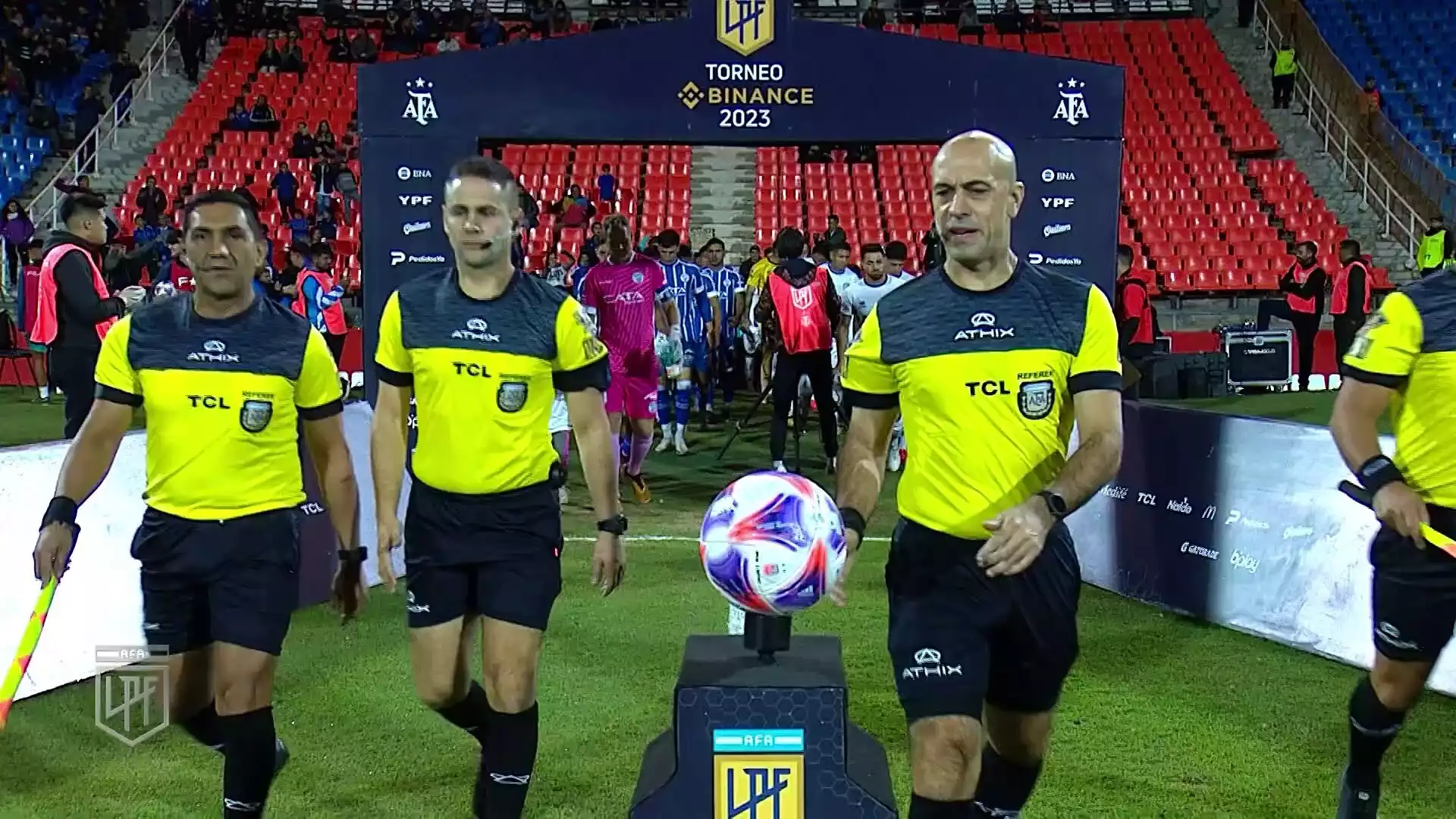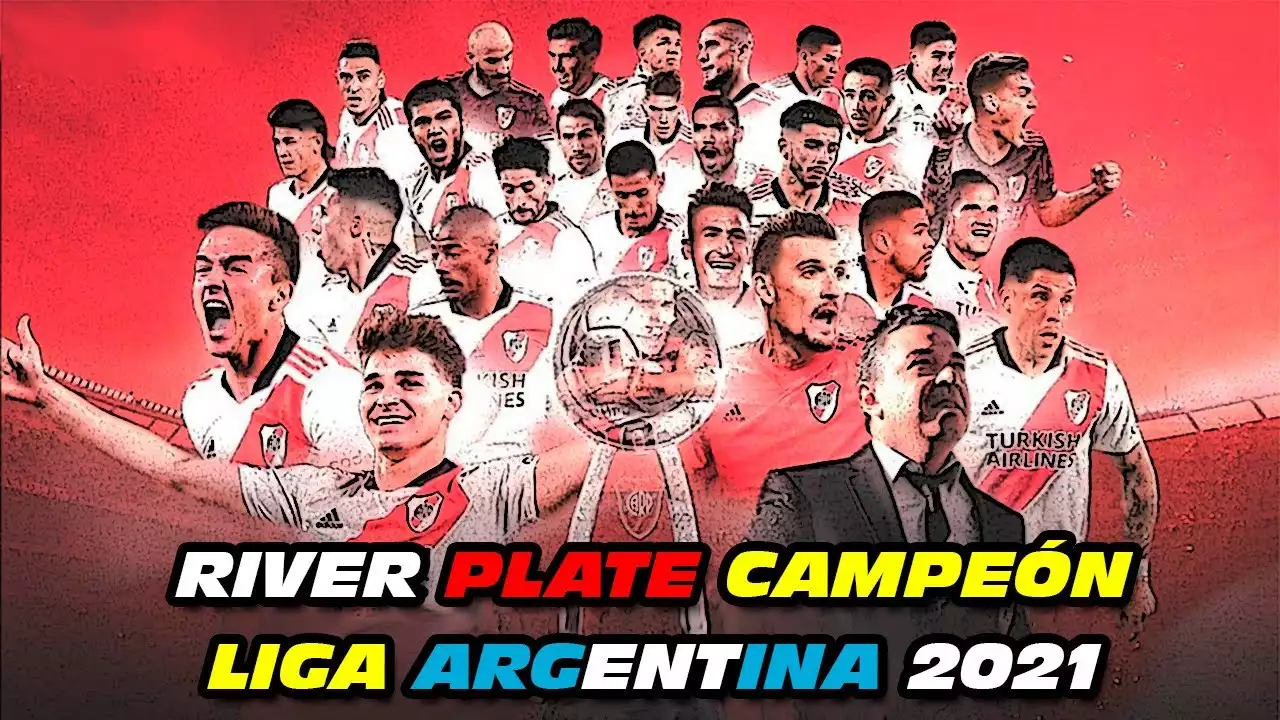History and Evolution of the Tournament
The Copa de la Liga Profesional has a rich history that dates back to its inception in 1933. Originally known as the Copa Campeonato, the tournament was a single-elimination competition featuring the top clubs from Argentina. Over the years, the tournament underwent various changes in format, including the introduction of group stages, playoffs, and the adoption of the European-style league system.
In 2020, the Copa de la Liga Profesional underwent a significant transformation. The Argentine Football Association (AFA) decided to revamp the competition to enhance its excitement and competitiveness. The new format aimed to provide fans with more high-quality matches between top-tier teams, ensuring a thrilling spectacle from start to finish. This overhaul marked a new chapter in the tournament's history, elevating it to new heights and solidifying its status as one of the most prestigious football competitions in Argentina.
Format and Structure of the Copa de la Liga Profesional
The Copa de la Liga Profesional features a unique format that sets it apart from other football tournaments. The competition consists of two stages: the group stage and the knockout stage. Let's take a closer look at each of these stages to understand how they contribute to the excitement of the tournament.
Participating Teams and Divisions
The Copa de la Liga Profesional brings together the top 26 teams from Argentina's first division, also known as the Primera División. These clubs are divided into two groups of 13 teams each, with each group playing a round-robin format. The teams within each group face off against one another twice, once at home and once away, resulting in a total of 12 matches for each team during the group stage.
Group Stage and Fixtures
During the group stage, teams compete to secure their place in the knockout rounds. The group stage is played over a period of several weeks, with matches taking place on weekends and occasionally on weekdays. The fixtures are carefully scheduled to ensure a balanced distribution of matches and to avoid fixture congestion for the participating teams.
The group stage not only determines which teams progress to the knockout rounds but also serves as an opportunity for clubs to showcase their skills and form. Each victory earns a team three points, while a draw results in one point for each team. At the end of the group stage, the top four teams from each group advance to the knockout stage, where the intensity and drama reach new heights.
Tiebreaker Rules and Regulations
In the event of a tie in points between two or more teams in the group stage, the following tiebreaker rules are applied to determine the final standings:
1. Goal difference: The team with the highest goal difference (goals scored minus goals conceded) takes precedence. 2. Goals scored: If two or more teams have the same goal difference, the team with the most goals scored advances. 3. Head-to-head record: If the tie persists even after considering goal difference and goals scored, the head-to-head record between the tied teams is taken into account.
These tiebreaker rules ensure fairness and provide an exciting edge to the competition, as every goal and result can have a significant impact on a team's chances of progressing to the knockout rounds.
Knockout Stage and Format
The knockout stage of the Copa de la Liga Profesional is where the tournament reaches its climax. The top four teams from each group advance to the knockout stage, creating a field of eight teams vying for the coveted title. The knockout stage follows a traditional single-elimination format, with each match deciding the fate of the participating teams.
The knockout stage comprises quarterfinals, semifinals, and the highly anticipated Superfinal. The quarterfinals pit the top-ranked team from one group against the fourth-ranked team from the other group, while the second-ranked team faces the third-ranked team. The winners of these matches progress to the semifinals, where they compete for a spot in the Superfinal.
The Superfinal is the ultimate showdown, where the winners of the semifinals battle it out for the Copa de la Liga Profesional title. This highly anticipated match is known for its intensity and showcases the best of Argentine football. The winner of the Superfinal is crowned the champion of the Copa de la Liga Profesional, adding their name to the illustrious list of past winners.
Key Players and Teams to Watch Out For
The Copa de la Liga Profesional brings together some of the most talented players and teams in Argentina. From established stars to rising talents, the tournament is a platform for players to showcase their skills and make a name for themselves. Let's take a look at some of the key players and teams to watch out for in the upcoming edition of the Copa de la Liga Profesional.
1. River Plate: As one of the most successful clubs in Argentine football history, River Plate consistently delivers thrilling performances in the Copa de la Liga Profesional. With a strong squad boasting players like Gonzalo Montiel and Nicolás De La Cruz, River Plate is always a team to watch out for.
2. Boca Juniors: Boca Juniors is another powerhouse in Argentine football, known for their passionate fan base and fierce rivalries. Led by talented players such as Carlos Tevez and Edwin Cardona, Boca Juniors has a legacy of success in the Copa de la Liga Profesional.
3. Independiente: A club with a rich history, Independiente has a strong track record in the Copa de la Liga Profesional. With players like Silvio Romero and Alan Velasco, Independiente possesses the firepower to challenge the top teams in the tournament.
Copa de la Liga Profesional Records and Achievements
Over the years, the Copa de la Liga Profesional has witnessed remarkable performances and outstanding achievements. From record-breaking goal scorers to legendary teams, the tournament has left an indelible mark on Argentine football. Let's explore some of the notable records and achievements in the Copa de la Liga Profesional's history.
1. Most Titles: Club Atlético River Plate holds the record for the most Copa de la Liga Profesional titles, with a total of 36 championships to their name. Their dominance in the competition showcases their pedigree and consistency over the years.
2. Top Goal Scorer: Ángel Labruna, a legendary Argentine footballer, holds the record for the most goals scored in the Copa de la Liga Profesional. Labruna netted an astonishing 292 goals during his career, leaving an enduring legacy in the tournament's history.
3. Unbeaten Streak: Racing Club holds the record for the longest unbeaten streak in the Copa de la Liga Profesional. The club went an impressive 39 matches without defeat, showcasing their resilience and quality on the field.










